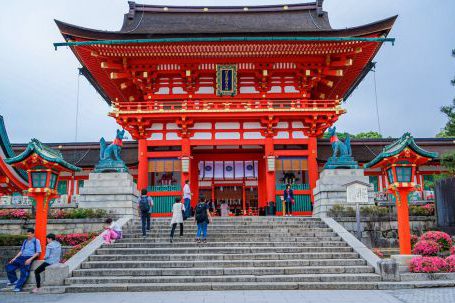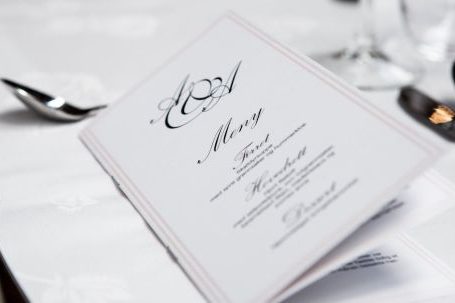Japan is a country rich in tradition and customs, and it is important for visitors to respect and understand these cultural norms. Whether you are traveling to Japan for business or pleasure, knowing the proper etiquette can help you navigate social situations with ease and show respect for the local culture. In this guide, we will explore some key aspects of Japanese etiquette and provide helpful tips for mastering cultural etiquette in Japan.
Greeting and Bowing
In Japan, bowing is an integral part of the greeting process. When meeting someone for the first time, it is customary to bow slightly while keeping your back straight. The depth of the bow depends on the social status of the person you are greeting. A deeper bow is expected when greeting someone of higher social standing or seniority. When shaking hands, it is polite to bow slightly as well.
Table Manners
Japanese table manners are highly regarded, and it is important to observe them when dining in Japan. When sitting down at a table, it is customary to say “itadakimasu” before starting the meal, which is a way of expressing gratitude for the food. It is also considered impolite to start eating before everyone at the table is served. When using chopsticks, avoid sticking them upright in a bowl of rice, as this resembles a funeral ritual.
Business Etiquette
If you are visiting Japan for business, it is essential to familiarize yourself with Japanese business etiquette. When attending meetings or business events, it is customary to exchange business cards. Present your card with both hands, facing the recipient. When receiving a card, take a moment to read it and show respect by bowing slightly. It is also important to address colleagues or superiors by their last name followed by the honorific “san.”
Shoes and Slippers
In Japan, it is common to remove your shoes before entering someone’s home, traditional restaurants, or certain establishments. Look for a genkan, a designated area where you can take off your shoes and change into slippers. Be aware that you should not wear slippers on tatami mats, as they are considered sacred. Instead, walk in your socks or barefoot when on tatami.
Public Transportation
Using public transportation in Japan requires following certain etiquette. When riding on trains or buses, it is customary to keep your voice low and avoid talking on the phone. Additionally, it is considered rude to eat or drink on trains, so it is best to consume food before or after your journey. Finally, be mindful of the priority seating areas, which are reserved for elderly, disabled, or pregnant passengers.
Gift Giving
Gift giving is an important part of Japanese culture, and it is customary to present a gift when visiting someone’s home or when invited to a social gathering. When giving a gift, it is polite to wrap it in decorative paper and present it with both hands. Avoid giving gifts in sets of four, as the number four is considered unlucky in Japan. Additionally, it is customary to receive a gift with both hands and express gratitude.
In Conclusion
Mastering cultural etiquette in Japan is an essential part of any visit to the country. By familiarizing yourself with the customs and traditions of Japan, you can show respect for the local culture and make a positive impression on the people you meet. From bowing to table manners, business etiquette to gift giving, understanding and practicing these customs will enhance your experience in Japan and help you navigate social situations with ease. So, embrace the rich traditions of Japan and enjoy your journey into its fascinating culture.



